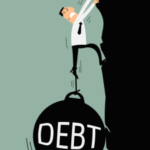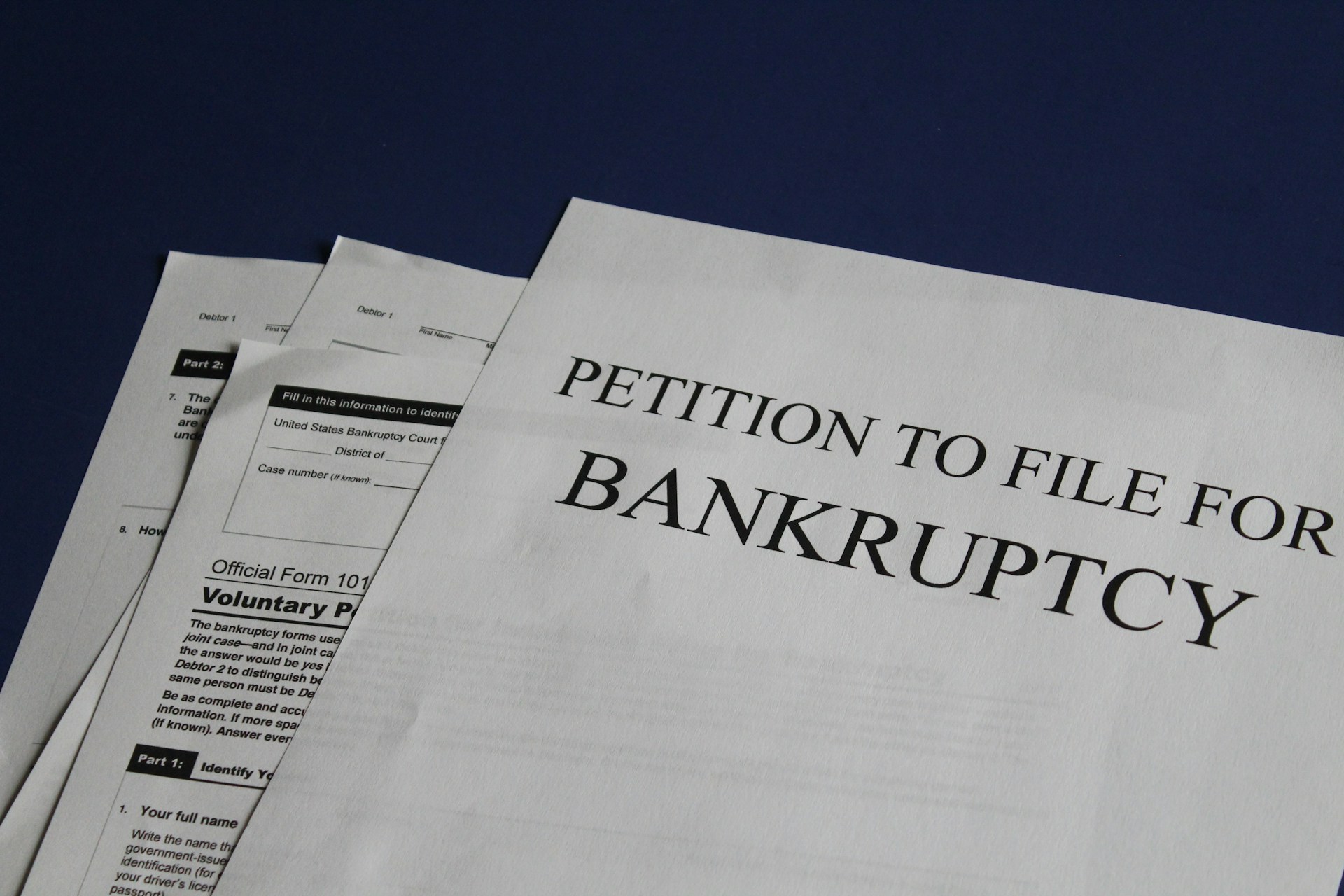
Debt Collectors are governed by the Fair Debt Collections Practices Act (FDCPA). This law is aimed at protecting consumers from debt collectors’ bad and/or illegal tactics. The FDCPA limits debt collectors in their attempts to collect. Unfortunately many debt collectors do not follow the FDCPA and use illegal tactics to collect. It is effective for them in many cases because consumers simply are not aware their rights when contacted by a debt collector.
Harassment
Debt collectors know that they the bigger the headache they are, the more likely they are to get paid. Very often they will harass consumers when they are attempting to collect on a debt, even though it is illegal for them to do so under the FDCPA. Probably the most common violation is for debt collectors to harass consumers. Common forms of harassment under the FDCPA are: the debt collector use obscene language or profanity; if they threaten violence or harm to a consumer or the consumer’s property; if they threaten the consumer with criminal charges (unless there is a valid basis to do so); if they call repeatedly or continuously; if they call before 9am or after 8pm, based on the consumer’s local standard time; if they threaten to have a consumer fired at their job; or if they make threats to take any legal action that cannot be taken.
A debt collector may also not contact friends or relatives of a consumer with one exception: they may call a relative or friend one time to ask to verify location information about the client. If they contact that same relative or friend multiple times, it is a violation of FDCPA protections. They also are not permitted to tell a friend or relative that they are collecting on a debt.
The reality is that debt collectors routinely do harass consumers because it gets them paid. They call over and over. They call early in the morning and late at night. They threaten to get the consumer fired from their job. They threaten to tell all of the consumer’s family and friends that they are not paying their debts and are a deadbeat. They threaten the consumer will go to jail for not paying the debt. But these are all clear violations of the law.
Imposter Scams and Fraud

One illegal tactic that has gain popularity recently is the imposter scam. An individual contacts a consumer, usually via email or telephone, and demands payment on a debt which does not even owed to the individual by the consumer, and in many cases, the debt is entirely fabricated. The imposter often claims to be with a government agency, and threatens to turn the “case” over for “prosecution” if the consumer does not make payment to them immediately. This tactic is often successful because the imposters target people who have debt problems, so they believe the story. The imposter preys on the fear that the consumer will be facing criminal prosecution, and these are a growing problem. There were over 121,720 of these imposter scams reported in 2013.
Protect and Report
Consumers need to be more aware of their rights and these scams. If debt collectors are harassing a consumer, it is imperative to report the violation and contact a lawyer about their rights. When a consumer is contacted by an individual purporting to be from a government agency and collecting money, they should go straight to the agency’s website and call the official phone number to verify. Do not delay in reporting these violations and scams to the Federal Trade Commission (FTC) when they happen. The FTC is in charge of handling consumer complaints. For example, in 2013 the FTC helped 767,744 consumers receive redress totaling over $23.27 million in 2013 from violations and scams.
If you are having issues with debt collectors, we can help. Our debt settlement specialists will work with you and the collectors to lower your debt and get on track to recovering. Contact us for a free consultation at (702) 400-0000.





